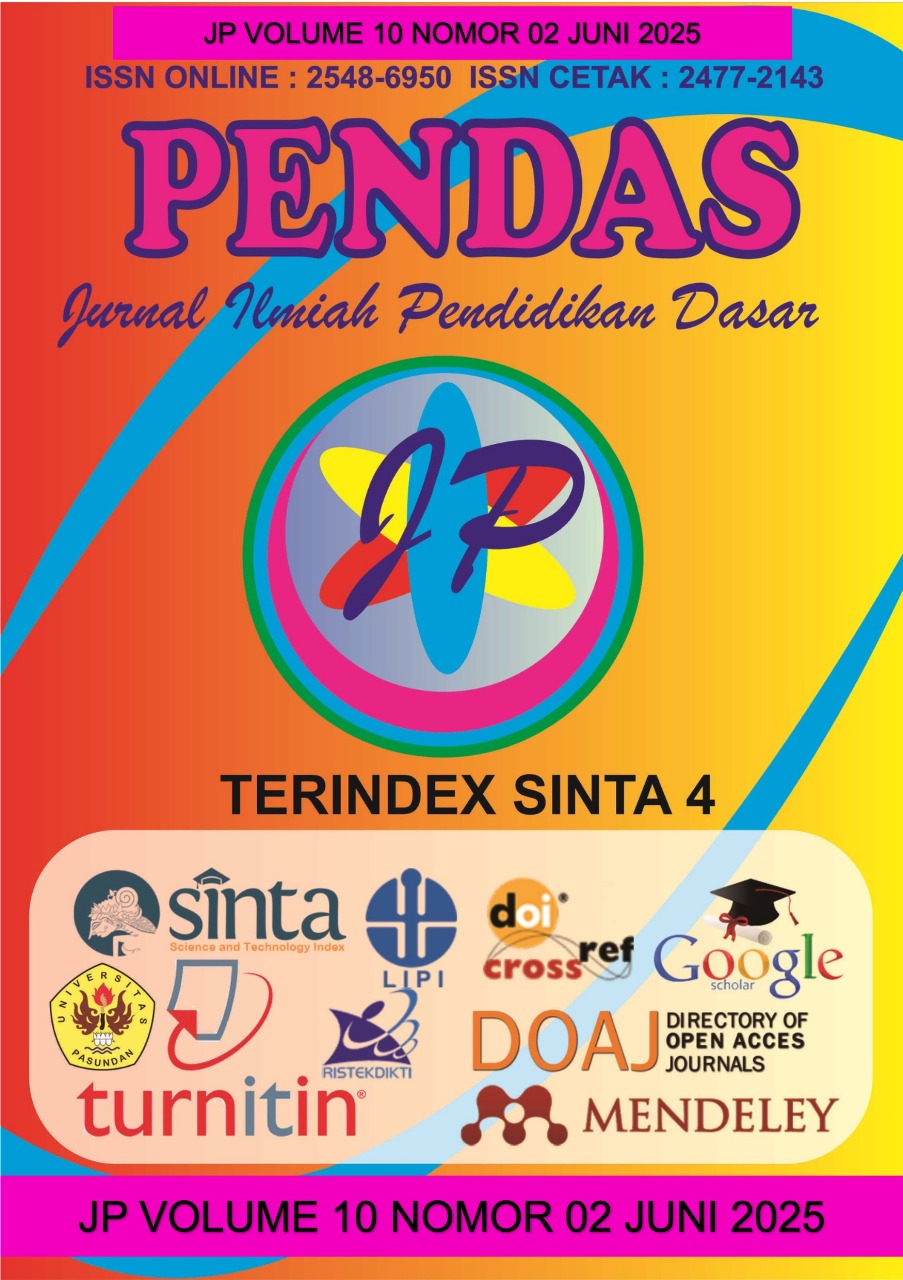PENGARUH GAYA KEPEMIMPINAN DAN KEPUASAN KERJA TERHADAP. KINERJA GURU SMP NEGERI DI KOTA SEMARANG
DOI:
https://doi.org/10.23969/jp.v10i2.30626Keywords:
Leadership, Job Satisfaction, Teacher PerformanceAbstract
Teacher performance is still low. Many factors affect teacher performance, both
internal and external. Many theories explain the relationship between these factors
and teacher performance. The objectives of this study are (1) to analyze the
influence of leadership style on teacher performance, (2) to analyze the influence of
job satisfaction on teacher performance, (3) to analyze the influence of leadership
style and job satisfaction together on teacher performance. Quantitative research
approach with survey method. Type of correlational research. The research
population is 3646 teachers and the research sample is 360 teachers. Data
collection with questionnaires. Data analysis techniques with descriptive data
analysis, prerequisite tests including normality tests, multicollinearity tests,
heteroscedasticity tests, linearity tests and hypothesis tests including simple and
multiple linear regression. The results of the study indicate that: 1) leadership style
affects teacher performance by 74.5%, with the regression equation Ŷ = 12,179 +
0.766X1 with a correlation coefficient value of 0.820. 2) job satisfaction influences
teacher performance by 78.6%, with the regression equation Ŷ = 0.769 + 0.698X2
with a correlation coefficient value of 0.830. 3) leadership style and job satisfaction
influence teacher performance by 78.5%, with the equation Ŷ = 2.351 + 0.539 X1 +
0.478 X2. Then the correlation coefficient value r is 0.888. The conclusion of this
study is that leadership style and job satisfaction influence teacher performance by
78.5%.
Downloads
References
Sugiyono. (2022). Metode Penelitian
Kuantitatif, Kualitatif dan R&D.
Bandung: Alfabeta.
Sawianti, I. d. (2019). Pengaruh
Sarana Pembelajaran
Terhadap Kinerja Guru. Jurnal
Manajemen Pendidikan, 1-7.
Priansa, D. J. (2018). Manajemen
Supervisi Dan Kepemimpinan
Kepala Sekolah. Bandung:
Alfabeta.
Mulyasa, E. (2019). Menjadi Kepala
Sekolah Profesional. Bandung:
PT. Remaja Rosdakarya.
Mulyasa. (2019). Standar Kompetensi
dan Sertifikasi Guru. Bandung:
PT. Remaja Rosdakarya.
Sutanto, P. &. (2020). The Effect of
Transformational Leadership
on Teacher Performance in
Indonesian Schools. Inovbiz:
Jurnal Inovasi Bisnis , 61-69.
Kulsum, U. d. (2019). Pengantar
Psikologi Sosial. . Jakarta:
Prestasi Pestakarya.
Suparyadi. (2020). Manajemen
Sumber Daya Manusia.
Yogyakarta: Andi.
Hafiza Safia Shaukat, M. A. (2023).
Impact Of Transformational
Leadership on Job Satisfaction:
A Mediating Role Of School
Climate In School Teachers of
Pakistan. Journal of ISOSS ,
17-34.
Peraturan Pemerintah Republik
Indonesia Nomor 57 Tahun
2023 tentang Standar Nasional
Pendidikan (SNP, I. (2023).
Nomor 57 Tahun 2023 tentang
Standar Nasional Pendidikan
(SNP). Pemerintah Republik
Indonesia (p. 12). Indonesia:
Pemerintah Republik
Indonesia.
Permendikbudristek Nomor 56 Tahun
2022 tentang Standar
Pendidikan Guru, I. (2022).
Permendikbudristek Nomor 56
Tahun 2022 tentang Standar
Pendidikan Guru .
Permendikbudristek (p. 11).
Indonesia:
Permendikbudristek.
Permen PANRB Nomor 21 Tahun
2024 tentang Jabatan
Fungsional Guru, I. (2024).
Permen PANRB Nomor 21
Tahun 2024 tentang Jabatan
Fungsional Guru . Permen
PANRB (p. 10). Indonesia:
Permen PANRB.
Downloads
Published
Issue
Section
License
Copyright (c) 2025 Pendas : Jurnal Ilmiah Pendidikan Dasar

This work is licensed under a Creative Commons Attribution 4.0 International License.














































